A lone spotless starling alights at the highest point of a resplendent oak verdant with new spring leaves. The starling replaces the spot where a greenfinch had been chattering to its friends. The tree is abundant in bird life. Earlier, a raven’s croaks had echoed across the valley. Its presence, disturbed by my own garden activity, meant several smaller birds could return unimpeded to their nests. The starling is looking for a mate. Its call is more electronic than bird-like. It fans its wings with each shrill note, a display so ardent, I am as anxious as he for a response.
Interspersed with this post, you’ll find nature’s orchestra from central Portugal.
While teaching, I had a conversation with a student who had lost her brother. She told me of an experience in which she had felt his presence and asked if I thought she was crazy - I probably didn’t believe in ‘all that’. I told her I neither believed nor disbelieved - I have (scientifically) inexplicable experiences, and welcome them. Their magic brings beauty into my life. Why would we deny their existence and ourselves of that experience? The student smiled and left, seemingly satisfied.
I never got to find out if the starling’s endeavours were met with success, but I was struck by the beauty of this spring scene during the golden hour of the morning. While beauty is something I actively pursue, exactly what is it I am seeking?
Back in the 8th century (BCE) Greece, Homer didn’t view nature as beautiful in the same way that the orchestral photographers do. For him, “nature is but the frame, with man as the picture.” What was considered beautiful was the manly beauty of a youthful hero. Someone, something, or an action, was beautiful if it provided the viewer with aesthetic pleasure. Beauty was regarded only in terms of its value to the spectator rather than any inherent quality to the object.
At this time and for subsequent centuries in Greek thought, the terms Beauty and Good were almost synonymous. For Homer, Good was utilitarian. Similarly, four centuries later, in Plato’s Gorgias, Socrates defined Beauty as that which is useful or gives pleasure to the viewer.
From there, Plato began to develop a theory of Beauty and to question prevalent assumptions. In Hippias Major, Hippias of Elis is in conversation with Socrates. When asked to define beauty, Hippias is only able to provide examples. From these, Socrates attempts to draw out qualities that might be applied more generally. Can Beauty be reduced to a single conception with a common quality which applies to all beautiful objects?
Socrates proposed, on the basis of Hippias’ examples, that Beauty is a) the suitable or fitting, b) the advantageous (the useful for a good purpose), and/or c) the pleasing to the senses.
During the conversation (and explorations in later works), each of these are unpacked and finally rejected. By the time Plato embarks on the Republic, Beauty is as fully formed an idea as is Good and Justice, i.e. it has an existence of its own, its own Being or reality. This is distinct from saying something is beautiful as to do so reveals a relative perspective such that to say a maiden is beautiful is relative perhaps to other maidens, but would be considered ugly in relation to a goddess. For a theory of Beauty to hold, it should be beyond opinion. By doing so, Plato took beauty from the realm of the senses to the intellect.
In the Republic, ideal beauty still manifests under the aspects of suitability, advantageousness and pleasure. What he meant by suitability or fitness is unclear as Plato only provided illustrative examples. However, he seems to mean ‘harmony’. Harmony is equated with measure. For example, harmony is moderation (measure) and self-control both in the individual and the state. Justice, therefore, is always beautiful. A second example is the ordering of the cosmos by number (measure) which accounts for the beauty of the world. The universe is a harmony that is Beauty itself.
In his reasoning, Plato shifted a long way from Homer’s manly beauty of a youthful hero, or man as the picture within the frame of nature. A person can only be said to be beautiful if there is harmony between their body and soul. The Platonic idea of Beauty is the harmony of the universe (a result of measure by intellect), inseparable from (and the cause of) Good. Beauty and Good are aspects of Ultimate Truth, the contemplation of which gives the most pleasure as it is most lasting and most pure. By pure he means that a beautiful object never loses the quality of beauty over time nor place. Neither is it relative to the beauty (or ugliness) of something else.
In Symposium, Socrates relates a conversation with Diotima which itself is a good summary of Plato’s own evolution in his understanding of Beauty. He also saw the contemplation of beauty as integral to the development of moral character, an aspect which is very much evident in the extract below:
‘Indeed,’ said she [Diotima], ‘whoever embarks upon this endeavour in the correct manner should begin, whilst young, by approaching beautiful bodies. Firstly, if his guide guides him aright, he should love a single body, beget beautiful words with that, and then recognise that the beauty in any body whatsoever is akin to that in any other body, and if he must pursue beauty associated with form, it would be most irrational not to regard the beauty in all the bodies as one and the same. Once he has recognised this, he should become a lover of all beautiful bodies and relax his intensity towards a particular one, despising it and regarding it as a trifle. After this, he should regard the beauty in souls as more honourable than the beauty in bodies, so it would be quite enough for him if someone fair of soul had even a little physical bloom. He would love that person, care for him, and bring forth and seek out such words as make young people better, so that he is compelled, in turn, to behold the beauty present in activities and in laws, and see that it is all completely interrelated, and come to regard beauty of body as something trivial. After the activities, he should be led on to knowledge, so that he might then see the beauty of knowledge, and looking then towards the vast beauty, be no longer delighted, like a slave in base and trivial servitude, by the beauty of some particular boy or man, or by a single activity. Turning instead to the open sea of beauty and contemplating that, he brings forth beautiful and magnificent words and reflections aplenty, in an ungrudging love of wisdom, until, strengthened and developed in that, he recognises a single knowledge of this kind, knowledge of a beauty I shall now describe.
‘Try,’ said she, ‘to give me your fullest attention. For whoever has been instructed as far as this concerning love, contemplating the beauties properly and in due order, approaching then the final objective of all that belongs to love, will suddenly behold a beauty, wondrous in nature, for whose sake, Socrates, all his previous toils were undertaken; a beauty that first of all always is, and neither comes into being nor passes away, neither grows nor decays; a beauty that is not beautiful in one respect and ugly in another, nor beautiful at one moment and not so the next, nor beautiful in relation to one thing but ugly in relation to another, nor beautiful in this place but ugly in that, because it is beautiful to some people but ugly to others; nor again will beauty appear to him like some face or hands or anything at all that partakes of body, nor like some word, or some knowledge, nor as being located in something different, such as an animal or in earth or in heaven or in anything else, but rather as being always itself by itself, of one form with itself, while all the other beauties share in this, in such a manner that somehow, in spite of their coming into being and passing away, this beauty undergoes neither increase nor decrease, nor is it affected at all. So whenever someone, by being a lover of youths in the correct manner, ascends upwards from those beauties and begins to get clear sight of that beauty, he would almost be in touch with the final goal.
‘This, then, is indeed the correct manner of embarking upon whatever belongs to love or of being guided by someone else: beginning from these beauties to ascend ever upwards for the sake of that beauty, using these beauties as steps of ascent, from one to two, and from two to all beautiful bodies, and from beautiful bodies to beautiful activities, and from the activities to beautiful teachings, and from the teachings, finally to that teaching which is the teaching of that beauty itself and of no other, and ending with the realisation of what beauty itself is.
‘Here, above all, is our life worth living, my dear Socrates, beholding beauty itself,’ …
Embers
It may appear as if I have moved away from the quiet revolutionaries, that is, the mission of this newsletter. By drawing attention to the intellectual evolution of a realisation of what beauty is, it is my desire to draw attention to the evolution of western civilisation whose actions are far from reflecting the pursuit of platonic beauty. However, in the quiet revolutionaries, we see this same evolution. In contemporary narratives there is a return to the ideal form of beauty and a life worth living.
The contemplation is pertinent for the times for as Socrates concluded:
“Well, Phaedrus, and everyone else too, that is what Diotima said, and I am persuaded by her, and having been persuaded, I endeavour to persuade others that in acquiring this possession they will not easily obtain a better collaborator with human nature than Love. And so I declare that every man must honour Love, and I myself honour whatever belongs to love and practise that above all else, and call upon others to do so and as best I can, I praise the power and courage of Love, now and always.”
Thank you for reading,
The information in this letter is based on this 1927 essay:
Grube, G.M.A (1927) Plato’s Theory of Beauty, The Monist, Vol. 37, No. 2, pp. 269-288
and
Plato, Symposium





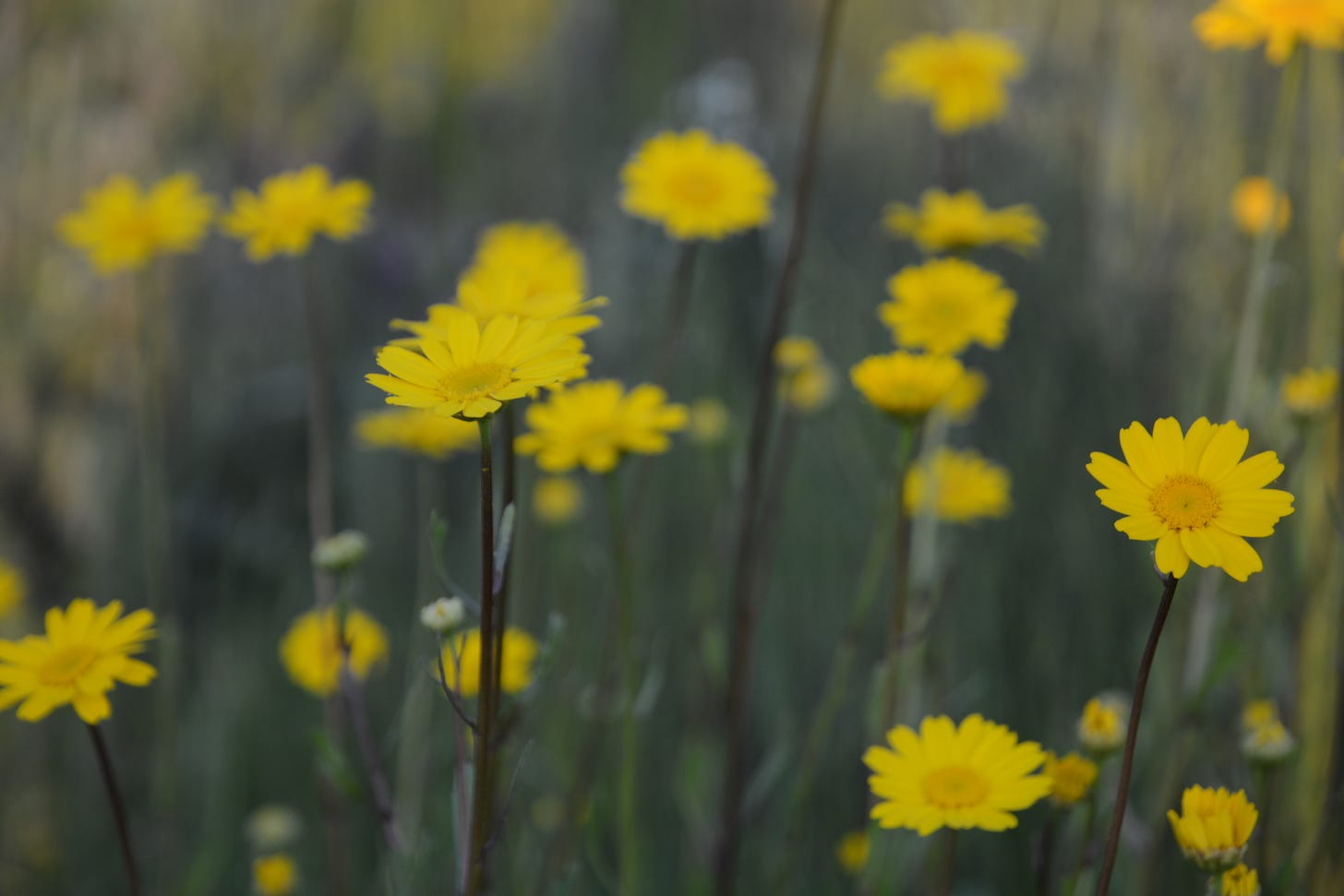
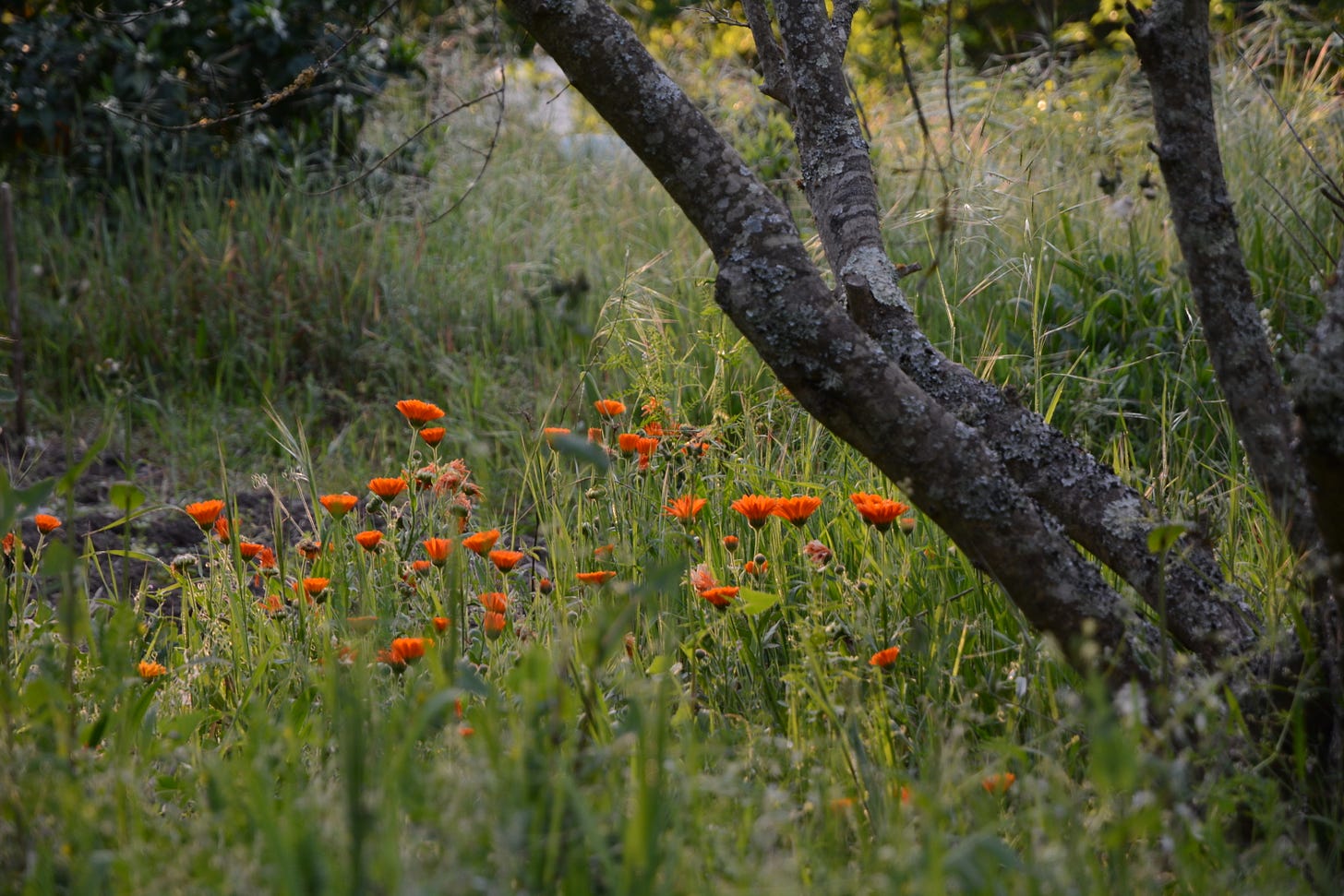
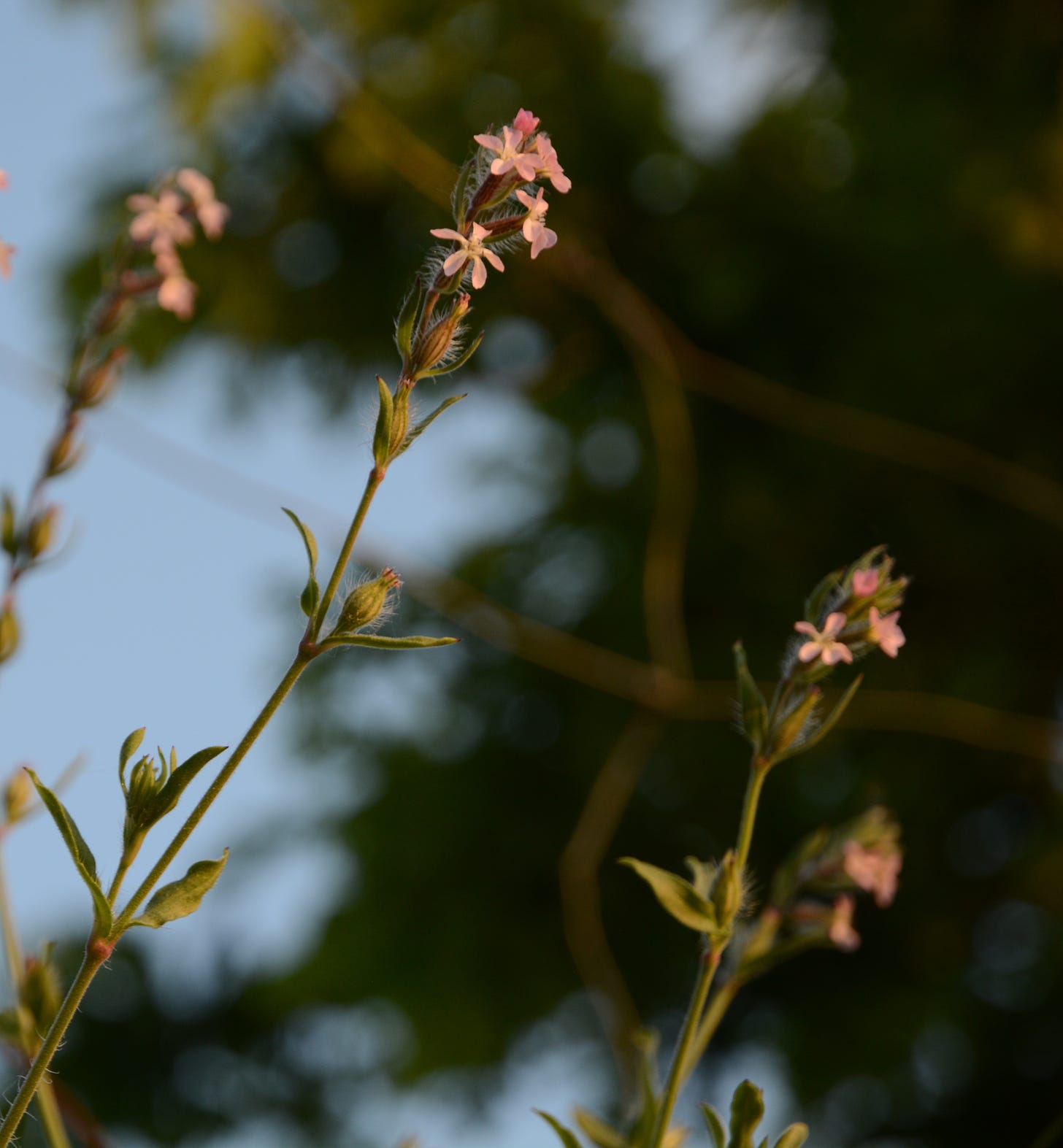


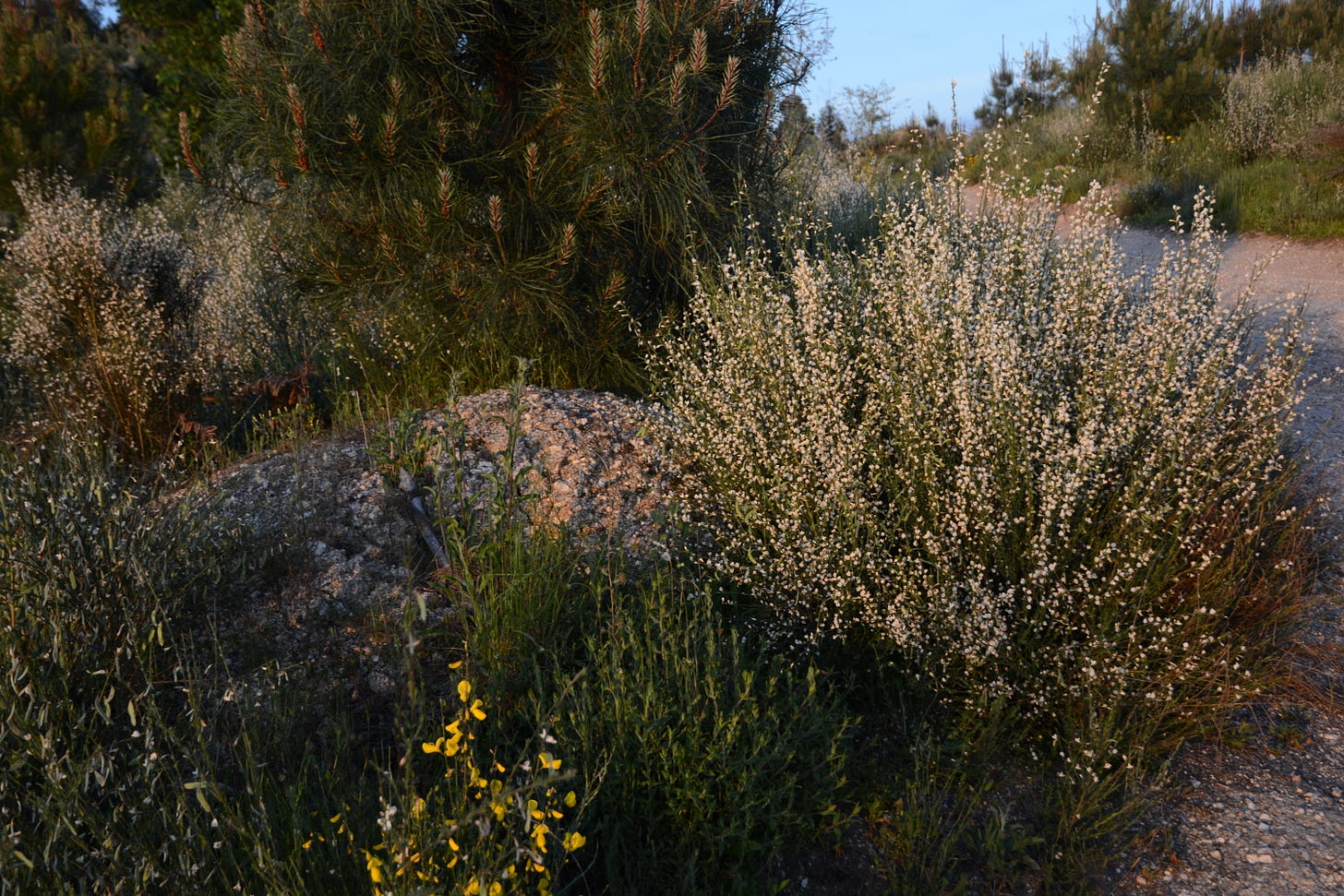
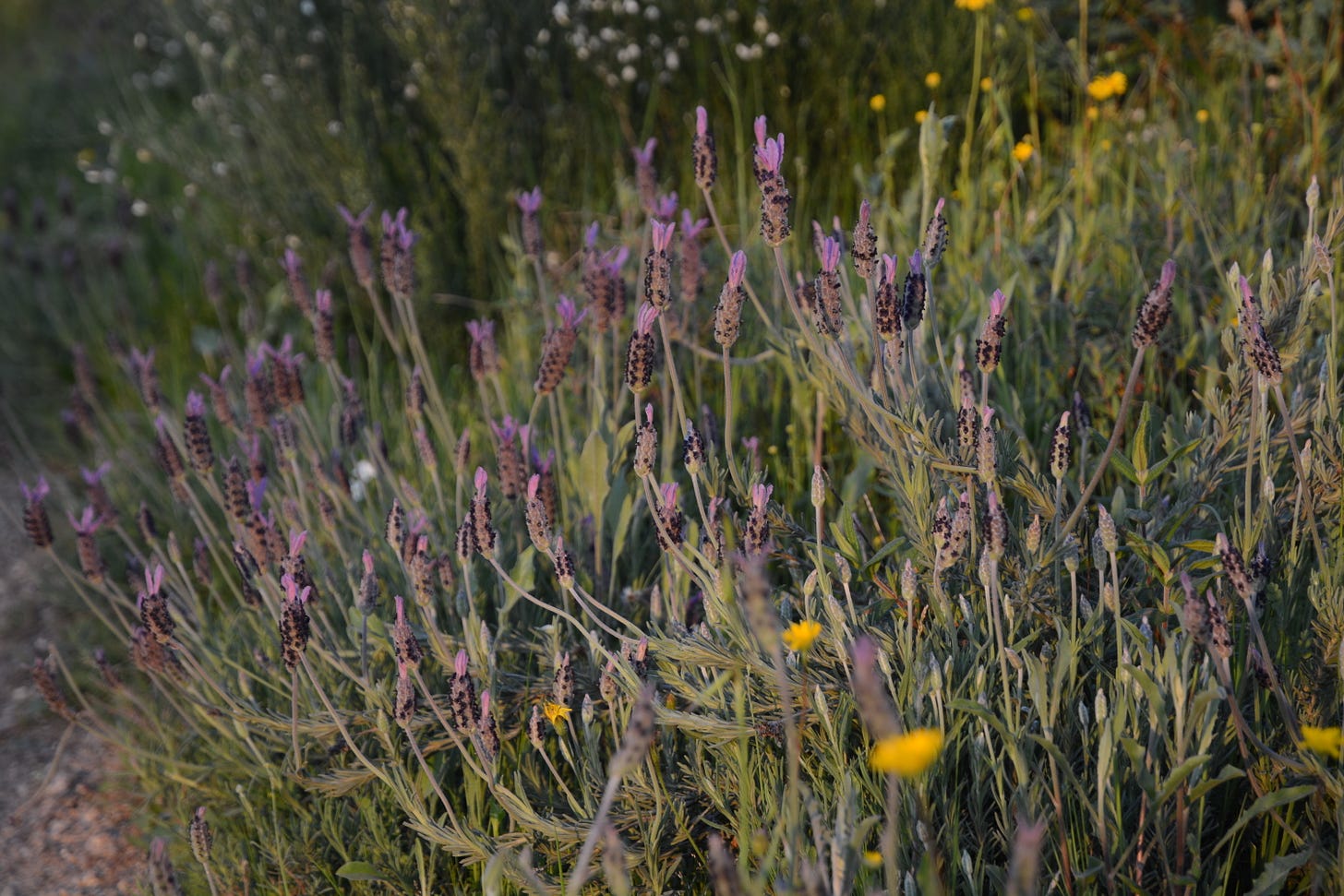
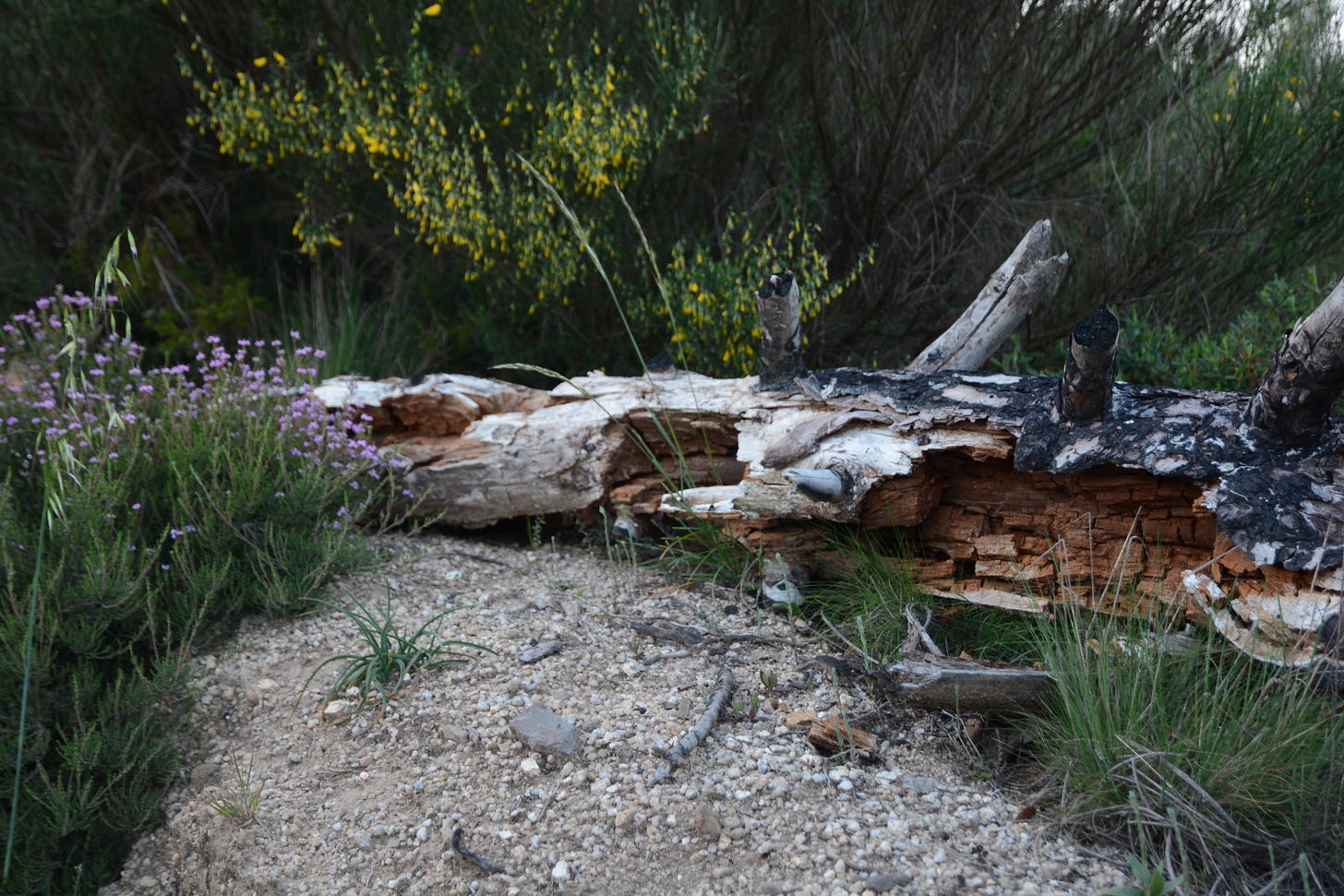


Bravo, Safar. This is exquisite.
I don’t think you could have found a more perfect accompaniment 🎵🎶